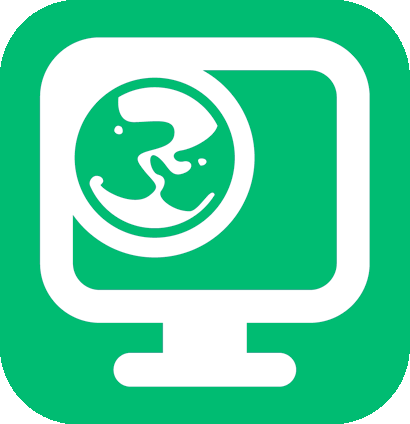

Marketing has become an increasingly vital ingredient for managers and business success. Organisations that neglect their marketing activities and operations are doomed to failure. Digital platforms are not only revolutionising marketing, but creating new business models and new methods of social interaction. This unit explores the effects on management, business, economics, sociology and ethics. For organisations some of the key questions are: what do my customers want; how do potential and actual customers view my offering; how do I make my product or service different; how much shall I charge for it and where/how do I 'talk about' it and make it available? All of these questions are of course posed in a context of competition and in a political, economic, socio-cultural and technological framework that is constantly evolving. The motto for organisations often is 'change or die'. A key component of any Marketing unit is the ability to communicate effectively, thus bringing together new technological developments as well as economic, sociological and political changes combined with the extent to which academic theory matches practice. The research that underpins these developments need to be explored in order to innovate and gain competitive advantage in the marketplace. This is vital in understanding the current competitive and technological landscape and exploiting the opportunities these create. The unit therefore aims to engage you with a critical understanding of 21st century business marketing and communication in practice for managers.
The digital media landscape has been characterized over the past decade
by rapid, disruptive change as new technologies and platforms have been
adopted by audiences. Marketing and Communication strategies are
highly dynamic and at the forefront of those disruptions. The following list,
therefore, is indicative only, and is likely to adapt and change to reflect the
evolving business environment.
Marketing, Management, Communications Strategies and Communication
Objectives
Marketing and Marketing Orientation
New consumers and media
Mobile platforms and convergence
Consumer Behaviour
Brand Management
Developing and Managing Marketing Strategies and Plans
Market Segmentation and Positioning
Building Direct Customer Relationships: Social Media Marketing
Social networking and communication
Social Influence theories, media and self-esteem, ‘self’ concept
Time, presence and asynchronicity
Managing integrated digital communication
Digital audience and market research
Social Constraints and Consequences of Marketing Communications
Economic Globalisation and Marketing Communications:
Regulations Across Countries
Management Ethics and Professionalism
Media, PR and Society
Propaganda and persuasion
Community and Society – impact of CSR